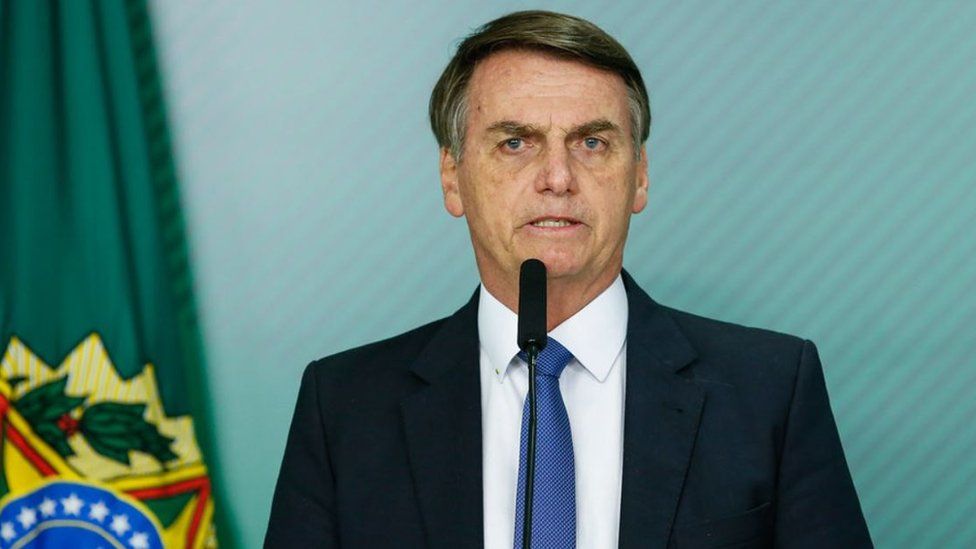RIO DE JANEIRO, BRAZIL – In another offensive against the National Cinema Agency (ANCINE), President Jair Bolsonaro decided to attack the main source of funding for audiovisual productions in Brazil.

The budget bill submitted to the legislative branch provides for a cut of almost 43 percent in the FSA’s (Audiovisual Sector Fund) funding in 2020, to R$415.3 million (US$104 million).
It is the lowest amount earmarked for the fund since 2012, when it received R$112.36 million.
For next year, the largest reduction was recorded in the so-called returnable investments in the audiovisual sector through participation by companies and projects.
It is through this action that the agency provides money for productions in search of financial returns. In 2020, this budgeted funding will fall from R$650 million to R$300 million.
There will also be a reduction in the support for specific audiovisual projects. Next year, there will be R$2.5 million allocated to this project, compared to R$3.5 million in the 2019 budget.
Although the global figure has decreased, the government has almost doubled the resources for financing the audiovisual sector, a kind of loan for producers or entrepreneurs. The figures increased from R$50 million to R$97.3 million.
According to former Minister of Culture and Federal Deputy Marcelo Calero, the cut in FSA funding is a governmental declaration of war on a sector that creates jobs and is regarded as an iconic sector of the new economy.
He recalled that the fund is fed by the results of productions and by taxes, such as CONDECINE, a tax paid for the commercial use of audiovisual works.
“It turns out to be even less clever from the standpoint of administrative logic,” criticized Calero. “These measures have a very strong ideological component.”
Calero also considered the neutralization of ANCINE to be a “lengthy and obscure” process of containing the leading edge of thoughts. “Basically there is another element of a great authoritarian process.”
The cut in FSA resources is the most recent measure taken by Bolsonaro in an attempt to control the fund’s management.
The Palácio do Planalto has already contemplated transferring the fund to the Secretariat of Culture, which is part of the Ministry of Citizenship.

The sector’s strong reaction, however, has led the government to retreat and keep resources under the management of ANCINE, which is expected to change control in 2020.
The agency has been a constant target of attacks by the president. In late August, at lunch with journalists, Bolsonaro advocated a director for ANCINE with an evangelical profile and the establishment of a sponsorship filter.
He publicly complained about the financing of the feature film “Bruna Surfistinha”, from 2011. According to him, the production, which he admitted to having never watched, had “pornographic purposes”.
The return on investment in domestic productions is another motive for grievance. Since December 2007, when the FSA was regulated, only six films have yielded returns in excess of those invested, according to the most recent administration report.
The Palácio do Planalto even contemplated extinguishing ANCINE. However, the president was persuaded that the measure could be criticized for affecting the regulation of the sector.
In order to have greater control over the federal agency’s activities, Bolsonaro also announced that the regulatory body would be transferred from Rio de Janeiro to Brasília next year.
Along the same lines, the president signed a decree transferring the Superior Film Council, in charge of shaping national audiovisual policy, from the Ministry of Citizenship to the Presidential Cabinet.

